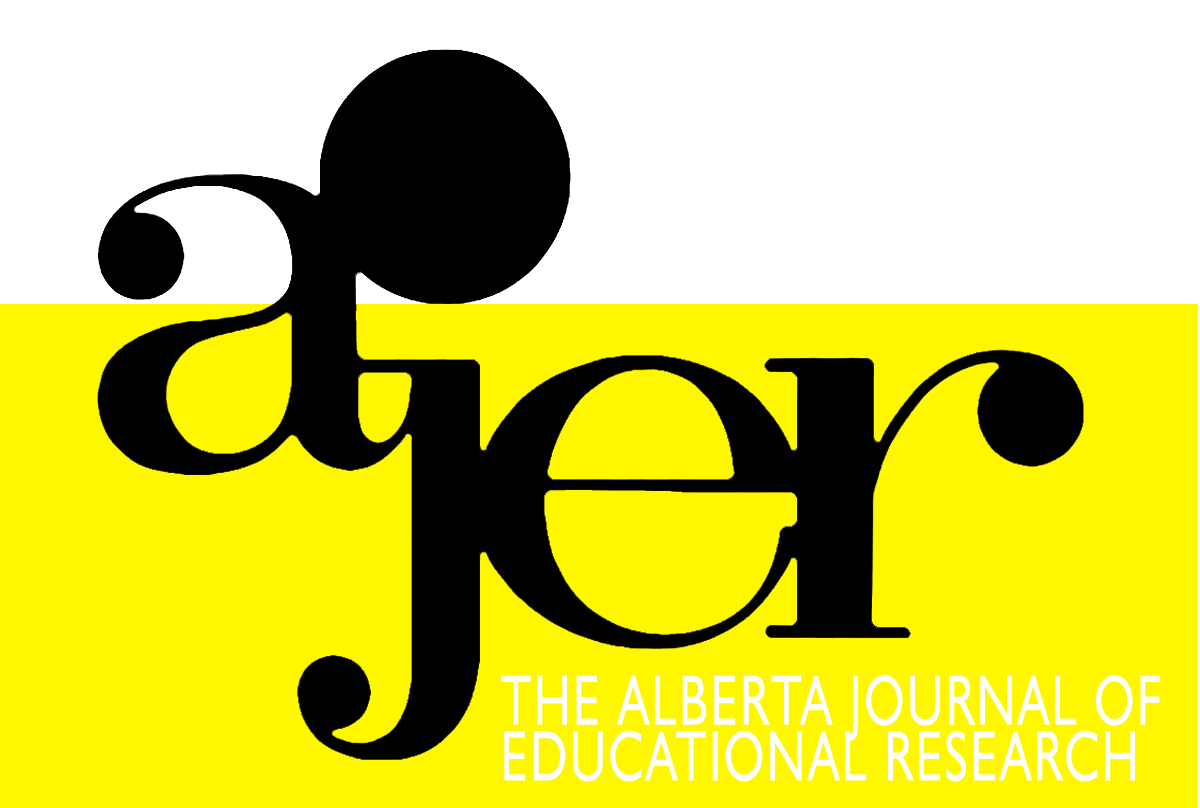Interlanguage Pragmatics: Iranian EFL Teachers’ Cognition
DOI:
https://doi.org/10.55016/ojs/ajer.v65i3.56662Abstract
In curricula where teachers have agency to make decisions on everyday classroom activities, their cognition exerts strong influences on their pedagogical practices. The present paper reports on a qualitative multiple-case study exploring Iranian English as a Foreign Language (EFL) teachers’ cognition of interlanguage pragmatics. Through triangulation of multiple methods and data sources, the study details descriptions of five Iranian EFL teachers’ classroom practices, the cognitions behind these practices, and the way their cognition and the teaching context interact in shaping their everyday teaching practices. The findings suggest that underrepresentation of pragmatic competence in the EFL classes can be attributed to contextual factors such as deficiency in the EFL teachers’ content and pedagogic content knowledge of interlanguage pragmatics and curricular decisions. The main findings are then discussed against the backdrop of the literature on interlanguage pragmatics.
Keywords: Interlanguage pragmatics, language teacher cognition, belief, EFL teacher, EFL teacher knowledge base
Dans les programmes où les enseignants ont le pouvoir décisionnel quant aux activités quotidiennes en salle de classe, les connaissances des enseignants exercent une grande influence sur leurs pratiques pédagogiques. Cet article fait état d’une étude qualitative multi-cas portant sur les connaissances en pragmatique interlangue qu’ont des enseignants iraniens d’anglais langue étrangère (ALE). Par une triangulation de nombreuses méthodes et sources de données, l’article décrit en détail les pratiques en salle de classe de cinq enseignants iraniens d’ALE, les connaissances qui sous-tendent ces pratiques et la façon dont leurs connaissances et le contexte d’enseignement interagissent pour façonner les pratiques pédagogiques quotidiennes. Les résultats indiquent que la sous-représentation d’une compétence pragmatique dans les cours d’ALE serait attribuable à des facteurs contextuels tels des lacunes dans les connaissances, chez les enseignants d’ALE, relatives au contenu et à la pédagogie en matière de pragmatique interlangue et aux décisions concernant le programme. Nous discutons des résultats principaux dans le contexte de la documentation sur la pragmatique interlangue.
Mots clés : pragmatique interlangue; connaissances des enseignants de langue; croyance; enseignant d’ALE; connaissances fondamentales des enseignants d’ALE
Downloads
Published
Issue
Section
License
UNIVERSITY OF ALBERTA COPYRIGHT LICENSE AND PUBLICATION AGREEMENT
If accepted, authors will be asked to sign a copyright agreement with the following points:
A. Where there is any inconsistency between this Copyright License and Publication Agreement and any other document or agreement in relation to the same subject matter, the terms of this Agreement shall govern.
B. This document sets out the rights you are granting in relation to publication of your article, book review, or research note entitled (the “Article”) through inclusion in the academic journal titled Alberta Journal of Educational Research (the “Journal”) published through the Faculty of Education, representing the Governors of the University of Alberta (the “Journal Editor”).
C. There will be no payment to you for this publication and grant of rights. In consideration of the agreement to publish the Article in the Journal:
1. You are warranting that:
- the content of the Article is your original work, and its content does not contain any material infringing the copyright of others; or, where the Article is not entirely your original work, you have obtained all necessary permissions in writing to grant the rights you are giving in this agreement;
- the content of the Article does not contain any material that is defamatory of, or violates the privacy rights of, or discloses the confidential information of, any other person;
- the Article has not been published elsewhere in whole or in part, and you will not allow publication of the Article elsewhere without the consent of the Journal Editor;
- the names of all co-authors and contributors to the Article are:
2. You agree to license the copyright in the Article to the Journal Editor, on a worldwide, perpetual, royalty free basis; and to the extent required by the terms of this agreement. You shall retain the right at all times to be acknowledged as the/an author of the Article.
3. You further agree that the Journal Editor has the entitlement to deal with the Article as the Journal Editor sees fit, and including in the following manner;
- The right to print, publish, market, communicate and distribute the Article and the Journal, in this and any subsequent editions, in all media (including electronic media), in all languages, and in all territories, ing the full term of copyright, and including any form of the Article separated from the Journal, such as in a database, abstract, offprint, translation or otherwise, and to authorize third parties to do so;
- The right to register copyright of the Journal;
- The right to edit the Article, to conform to editorial policy as the Journal Editor sees fit.
4. If any co-author or contributor to the Article does not sign this agreement, the Journal Editor reserves the right to refuse to publish the Article.



